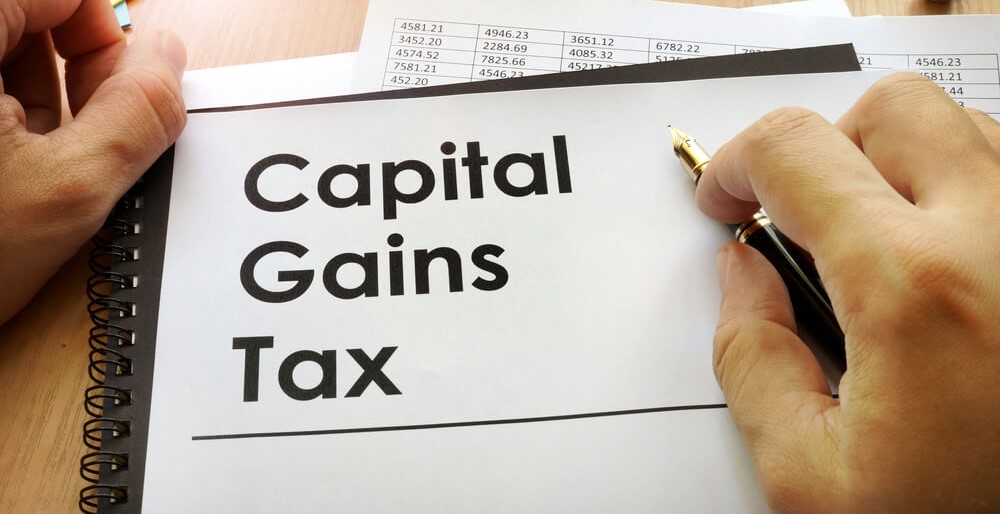In 2012, Warren Buffett’s secretary made a splash in the tax code “fairness” debate when President Obama spoke of her in his State of the Union address.
It seemed like an easy argument to make: A lowly wage-earning secretary shouldn’t pay a higher tax rate than her billionaire investor boss.
Right?! That’s just not fair!
Of course, those arguing against Obama’s point called “foul.” “Back of the envelope” calculations suggested the Oracle of Omaha was likely paying Debbie Bosanek between $200,000 and $500,000 a year. That isn’t a typical secretary’s salary, so maybe it wasn’t fair for Obama to choose her as his illustrative example.
Nonetheless, Buffett’s and his secretary’s tax rates were a microcosm of the larger debate over wealth and income inequality in the United States.
Buffett is a hero of the capital class.
His secretary is of the labor class.
The age-old debate of wealth and income inequality centers on imbalances between the two.
Even now, nearly 10 years after the world met Buffett’s secretary for the first time, the Biden administration’s proposal to hike the capital gains tax rate has renewed this fight between those who work for a living and those who invest.
Wealth and income inequality is a sticky topic. It’s philosophical in nature and politically charged to boot.
I’d rather focus on the pragmatic variable inherent in Biden’s proposed tax hike …
Will Biden’s Capital Gains Tax Hike Tank the Stock Market?
In short, none of us believes it will cause the stock market to tumble.
There’s no guarantee the proposal will pass — currently, it’s just that … a proposal.
If it were to pass, it’s likely the final rate would be negotiated down from the proposed and lofty 39.6%.
I think the real question has to do with the strength of the incentive implied by such a hike and the choices an ultra-wealthy American subject to the hike is presented with.
A tax attorney would cringe at this simplistic illustration but bear with me for the sake of argument.
Imagine an investor has a $10 million portfolio that spits off $1 million in long-term capital gains each year. At Biden’s proposed near-40% rate, that means he’s taking home just $600,000 after tax.
Now, also imagine if the tax rate on earned income were ridiculously low, even at the highest income brackets — say, 5%.
In that scenario, the investor mentioned above has a choice to make:
- Take home $600,000, after tax, from long-term capital gains, or…
- Get a “job” … earn $650,000 or more … and take home more than $600,000 after paying the far slimmer 5% earned-income rate.
Of course, there are glaring problems with this unrealistic scenario.
For one, it may be far easier to earn a $1 million return on a $10 million investment portfolio than it is to make $650,000 in earned income (presuming you have that $10 million of capital in the first place, of course).
Second, this wealthy investor could choose to both work a high-paying job, subject to a 5% earned-income rate, while also investing his $10 million capital to earn passive investment income, which, like it or not (fair or not), would be subject to the near-40% rate.
What’s more, a 5% earned-income rate is utterly unrealistic.
So, no matter how I think about it, I can’t see how a higher capital gains tax rate would incentivize wealthy investors out of the stock market. That 0.3% sliver who would be subject to it will surely fight it kicking and screaming. They may even claim it will disincentivize investment.
But at the end of the day, I think they’ll keep their money in the markets just the same.
To good profits,
Adam O’Dell
